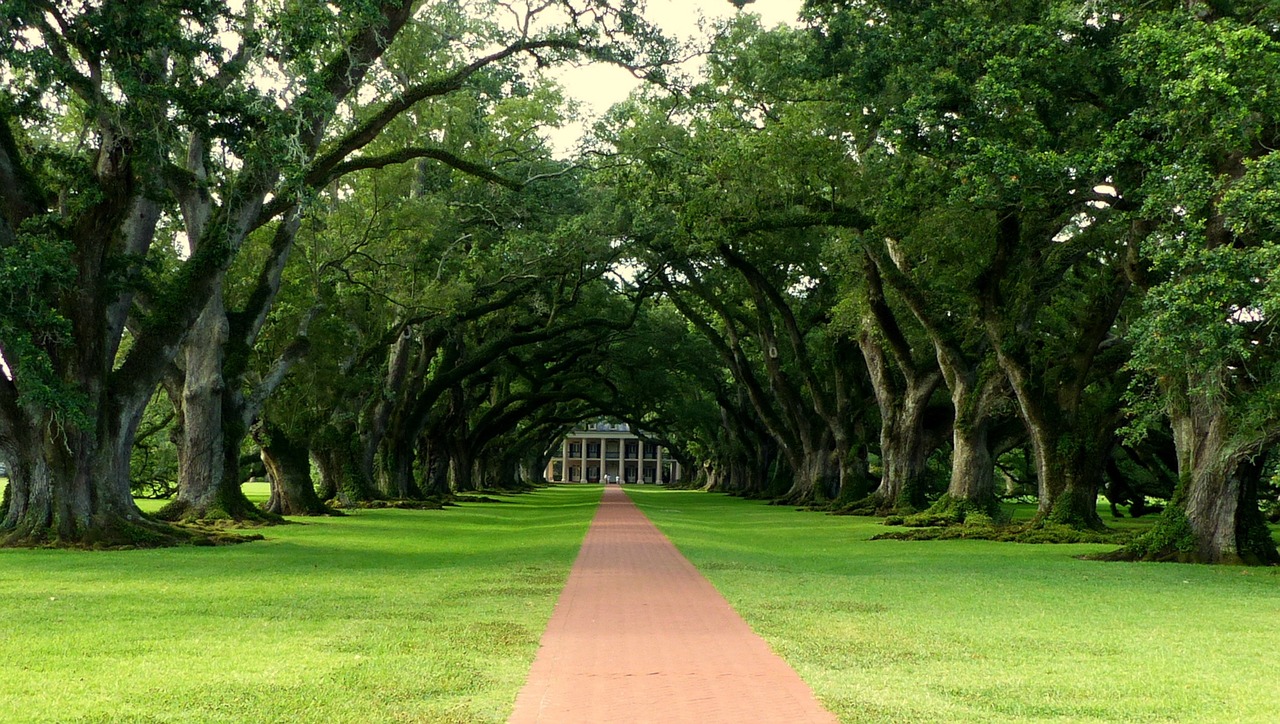In King Lear, Albany tells his wife:
Striving to better, oft we mar what’s well
She is right to demand excellence, he says, but this must not come at the detriment of a positive outcome.
In other words, we must not make the best the enemy of the good.
Opponents of reparations could think of Albany before launching into a tirade of whataboutery and questioning ‘where does it end?’
We cannot redress every imperial horror, we cannot return every artefact, we cannot write every check, we cannot right every wrong – but we can help some of it.
‘You can’t hold people accountable for the crimes of their ancestors?’ the opponents say.
Why not?
We are talking about extremely high net worth individuals and institutions, who accrued their vast fortunes from the direct exploitation of others, the consequences of which are still felt to this day.
Richard Drax, Conservative MP for South Dorset, is part of “the central family in the whole story of enslavement in Barbados”, according to an official from the country.
He owns a 250-hectare plantation on the island, inherited from his father, and his family is worth more than £150 million; slavery was integral to his current privilege.
He is the sort of person being targeted.
The Church of England pledged £100 million to projects for Black communities after a report found much of its £10.3 billion wealth came from investments in the transatlantic slave trade.
The University of Glasgow announced reparations for the “significant financial benefits” it received from slave ownership and the sale of goods they produced, estimated to be £200 million in modern money.
These are the sort of institutions being targeted.
No one is trying to take away your telly, sell it, and give the profits to a Jamaican – that’s not what reparations are about.
It’s about those at the very giving back to those they exploited to get there.
Ask yourself, is there a direct link between the immense wealth currently enjoyed by an individual or institution and historic involvement in the transatlantic slave trade?
If the answer is yes, as it is with Richard Drax, the Church of England, the University of Glasgow, and others, then reparations are a moral responsibility.
To set the goal of repairing every injustice caused by the capture, enslavement and torture of Africans would be arrogant and illogical – but so would be doing nothing.
We must not make the best the enemy of the good.
